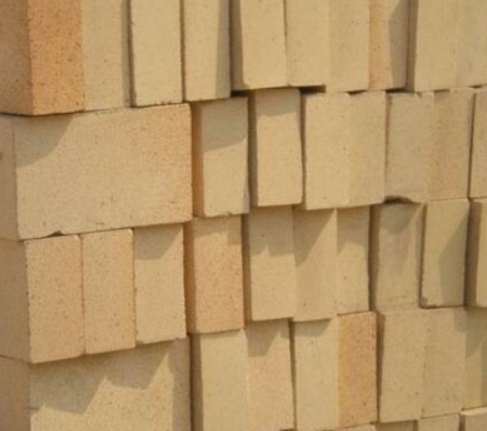- 26
- Jan
The advantages of refractory bricks in building fire protection
ഇതിന്റെ പ്രയോജനങ്ങൾ റിഫ്രാക്ടറി ഇഷ്ടികകൾ in building fire protection
Refractory brick is referred to as fire brick. Refractory made of fire-resistant clay or other refractory materials. Pale yellow or brown. Mainly used for building smelting furnaces, it can withstand high temperatures of 1,580℃-1,770℃. Also called firebrick. Refractory material with shape and size.
Refractory bricks are widely used in the refractory industry. Because of their high refractoriness, they are more comfortable in fire protection applications. Refractory bricks mainly rely on aluminum oxide refractory. The higher its content, the higher the refractory temperature. Refractory bricks The hardness is stronger than ordinary red brick, and it is even better in the application of building fire protection.

Refractory brick real map
In many architectural designs, the fire protection rating of buildings is given top priority, especially those with a floor height of more than 20 floors. The requirements for fire protection materials are very strict. Use firewall to isolate. Refractory bricks are among many refractory materials. In firewall masonry, national standard refractory bricks are mainly used. The size is 230mmx114mmx65mm, the model is T-3, and the weight is 3.5-3.7kg. Sometimes it is also used. It can be used as a supplement to refractory bricks.
Refractory bricks are generally made of refractory soil when masonry. Refractory soil has strong adhesion and refractoriness. Therefore, refractory soil is widely used in refractory masonry. If a high level of fire resistance is required in building fire protection, use Refractory cement masonry, the refractoriness of refractory cement is about 500 degrees higher than that of refractory soil.
Refractories are generally divided into two types, namely unshaped refractories and shaped refractories. Unshaped refractories are also called castables, which are mixed powder particles composed of a variety of aggregates or aggregates and one or more binders. They must be mixed with one or more liquids and mixed evenly when used. Strong liquidity. Shaped refractory materials generally refer to refractory bricks, the shape of which has standard rules, and it can also be temporarily processed as needed when building and cutting.
